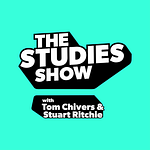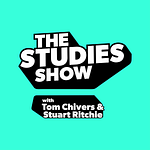Hello everyone! Thanks to Tom’s holiday and Stuart’s job we weren’t able to record this week, so we’ve put out a classic paid episode to tide you over. We hope this goes some way to scratching your Studies Show itch.
Most people think it’s obvious that you should wear a helmet when cycling. It might save your life if you fall off and hit your head. Duh.
But over the years, many contrarian arguments have pushed back against this seemingly-obvious point. What if people engage in “risk compensation”, where they cycle more dangerously because they know they’re wearing a helmet? What about if encouraging helments puts people off cycling so they miss the health benefits?
In this March 2024 episode of The Studies Show, Tom and Stuart try to work out who’s right.
Show notes
The original 1975 study on what’s become known as the “Peltzman Effect”: risk compensation (in this case about car safety)
Potential evidence for risk compensation in AIDS
Claims of risk compensation relating to mask-wearing at the start of the COVID-19 pandemic
The eye-tracking study on helmet-wearing, which used the Balloon Analogue Risk-Taking lab task
n=27 study on helmets and cycling with one hand on the handlebar
Study on risk compensation with the following confusing structural equation model diagram:
Academic cycles around and records thousands of cars passing him while he’s either wearing or not wearing a helmet
Forbes article about the statistical controversy over these data
Bizarre study on how motorists “dehumanize” cyclists
Could helmets make “rotational injuries” worse?
Cochrane review on cycle helmets and injuries from 1999
Ben Goldacre and David Spiegelhalter on cycle helmets - “uncertainty… is unlikely to be substantially reduced by further research”
Systematic review on helmet use and injuries from 2016
Review of meta-analyses from 2023
2006 BMJ article finding “no clear evidence” that mandating cycle helmets reduces injuries
Negative correlation between cycle numbers and helmet usage, across different countries
Credits
The Studies Show is produced by Julian Mayers at Yada Yada Productions.







